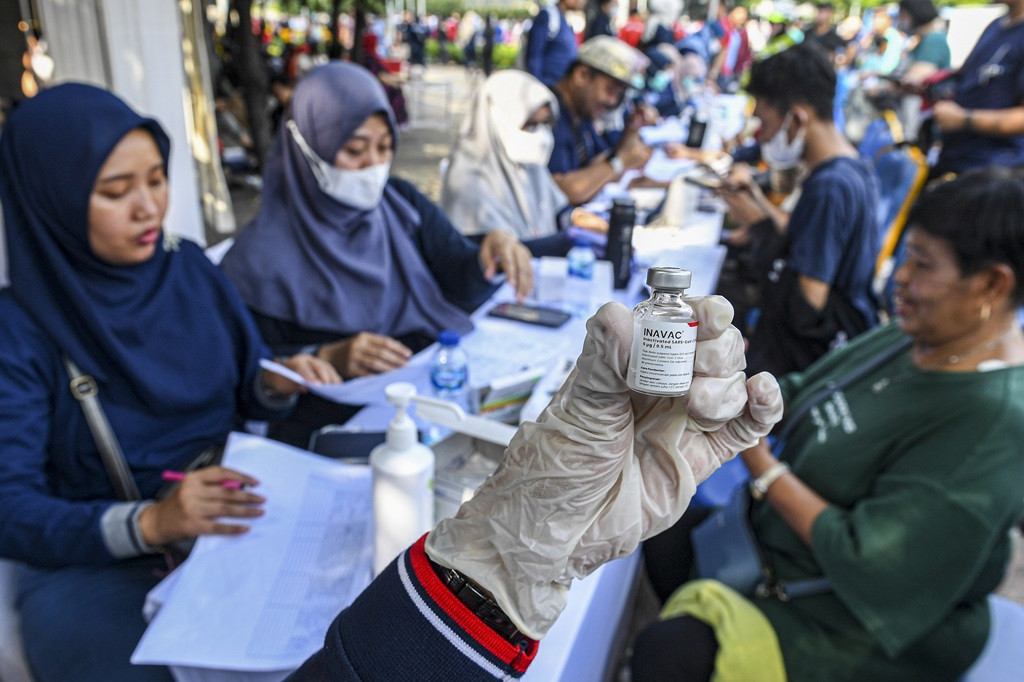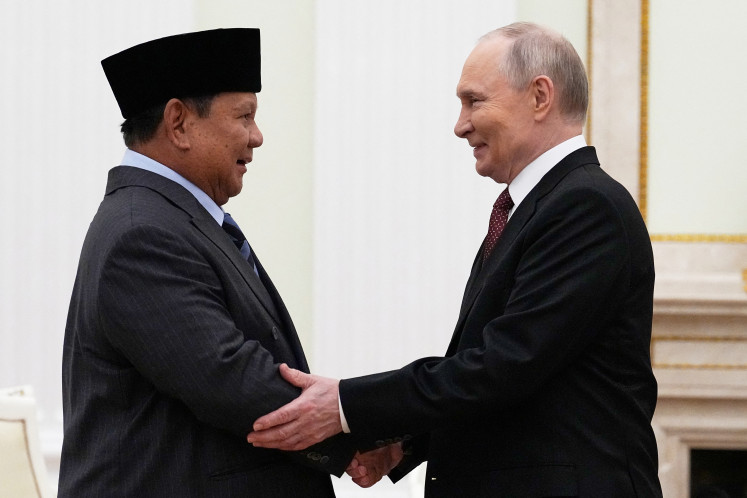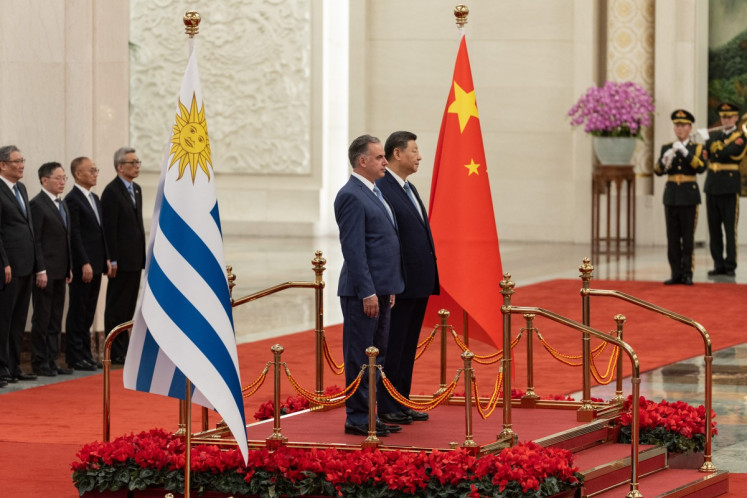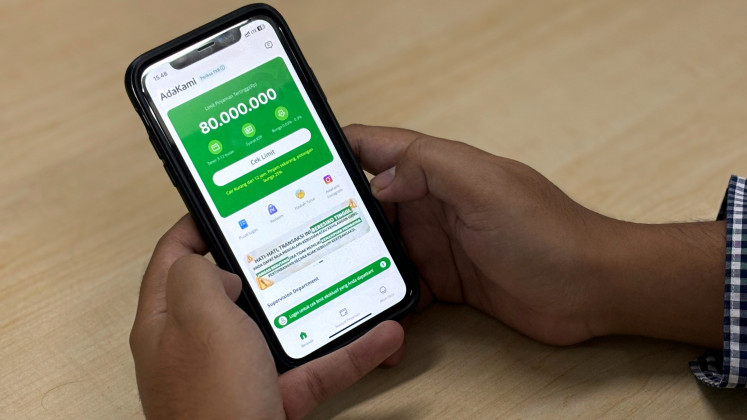Popular Reads
Top Results
Can't find what you're looking for?
View all search resultsPopular Reads
Top Results
Can't find what you're looking for?
View all search resultsWhy WHO member states have to agree on pandemic accord
Establishing a strong global pact on pandemics will protect future generations from a repeat of the millions of deaths and the social and economic devastation.
Change text size
Gift Premium Articles
to Anyone
To leaders of WHO member states,
The overwhelming lesson we learned from COVID-19 is that no one is safe anywhere until everyone is safe everywhere – and that can only happen through collaboration.
In response, the 194 countries which are members of the World Health Organization decided in December 2021 to launch negotiations for a new international instrument on pandemic prevention, preparedness and response, a pandemic accord, as a “global framework” to work together to prepare for and stem any new pandemic threat, including by achieving equitable access to vaccines, therapeutics and diagnostics.
Negotiation of an effective pandemic accord is a much-needed opportunity to safeguard the world we live in. Countries themselves have proposed this instrument, individual countries are negotiating it, and only countries will ultimately be responsible for its requirements and its success or failure.
Establishing a strong global pact on pandemics will protect future generations from a repeat of the millions of deaths and the social and economic devastation which resulted from a lack of collaboration during the COVID-19 pandemic.
All countries need what the accord can offer: the capacity to detect and share pathogens presenting a risk, and timely access to tests, treatments and vaccines.
An agreement is meant to be reached just two and a half months from now – countries imposed a deadline of May 2024, in time for the 77th World Health Assembly.
As countries now enter what should be the final stages of the negotiations, they must ensure that they are agreeing on actions which will do the job required: to prevent and mitigate pandemic threats.
We urge solutions which ensure both speed in reporting and sharing pathogens, and in access – in every country – to sufficient tools like tests and vaccines to protect lives and minimize harm. The public and private sectors must work together toward the public good.
This global effort is being threatened by misinformation and disinformation. Among the falsehoods circulating are allegations that the WHO intends to monitor people’s movements through digital passports; that it will take away the national sovereignty of countries; and that it will have the ability to deploy armed troops to enforce mandatory vaccinations and lockdowns.
All of these claims are wholly false and governments must work to disavow them with clear facts.
It is imperative now to build an effective, multisectoral and multilateral approach to pandemic prevention, preparedness, and response marked by a spirit of openness and inclusiveness.
In doing so we can send a message that even in this fractured and fragmented world, cross-border cooperation can deliver global solutions to global problems.
We call on leaders of all countries to step up their efforts and secure an effective pandemic accord by May. A new pandemic threat will emerge – and there is no excuse not to be ready for it.
***
Marzuki Darusman is a former attorney general of Indonesia. Gordon Brown is a former prime minister of the United Kingdom. Dozens of global leaders also signed this open letter.











